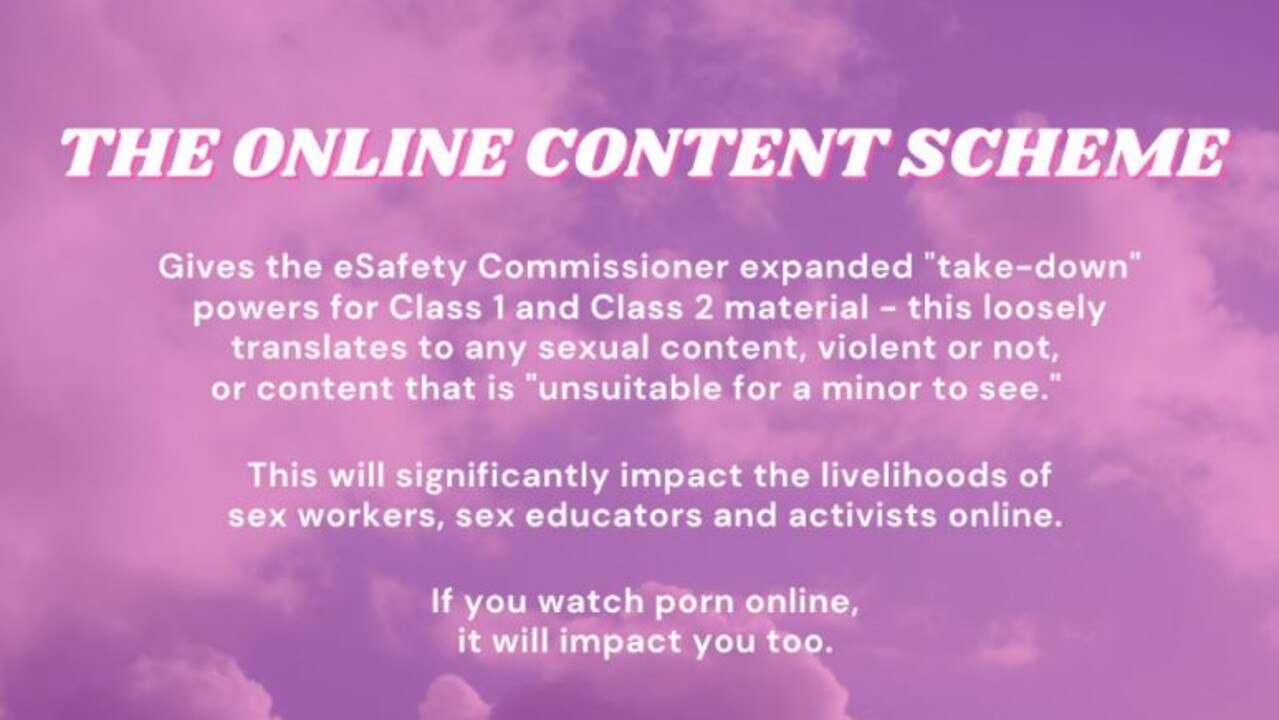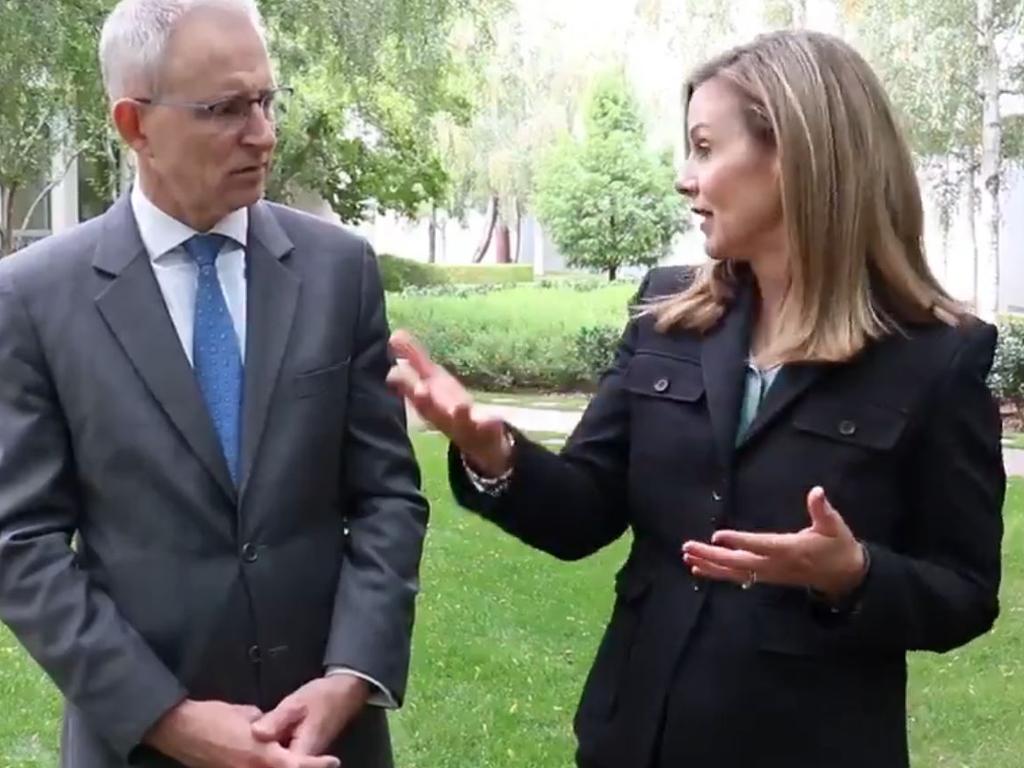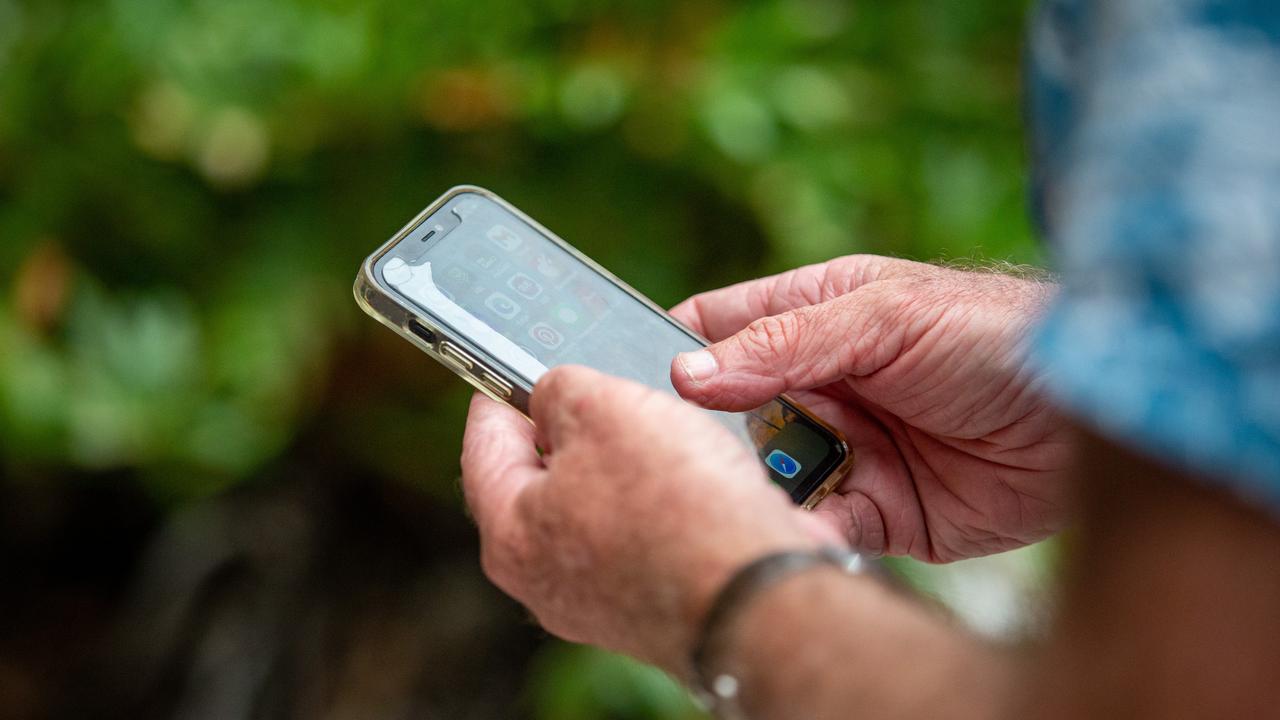OnlyFans scam warning from eSafety Commissioner as Online Safety Bill introduced
Australia’s internet cop has warned online sex workers are being impersonated by scammers – amid concerns her office is too powerful.

Cyber criminals are scraping the images of creators on sites like OnlyFans and impersonating them on social media with dodgy links to “fake subscription pages claiming to provide intimate images for a fee”.
The eSafety Office issued a warning over the activity on social media on Wednesday.
“These pages are not legitimate subscriptions sites – don’t panic and follow our advice.”
The Office said victims should take screenshots and record the web address of the page, report it to the social media platform it appears on and to the eSafety Commissioner, and then review your privacy and account settings to try and stop it happening again.

RELATED: ‘I’m fine with this’: FB exec’s callous reply
The warning came on the same day a new bill was introduced to parliament, which opponents say could make it harder for you to access porn and for sex workers to protect themselves, as well as giving the eSafety Commissioner and Communications Minister, at this time Julie Inman Grant and Paul Fletcher respectively, too much power in an act “relating to online safety of Australians and for other purposes”.
“This bill should not proceed in its current form,” the Australian Lawyers Alliance (ALA) said in a statement.
ALA national president Graham Droppert SC also expressed concerns that the bill was introduced just 10 days after public submissions closed, and none of those submissions have been published yet.
RELATED: Girlfriend killer joins popular dating app

RELATED: ‘Critical’: Concern over data access
Digital rights advocacy group Electric Frontiers Australia (EFA) argued the bill provides “more power without more oversight”.
EFA expressed specific concern about a section of the bill that absolves the Commissioner of liability for content being removed if they acted “in good faith”, saying “unintentional harm is still harm”, and “not designing for abuse cases is what got us into this mess in the first place”.
“The specific person who is currently eSafety Commissioner won’t be forever,” EFA said.
“These powers will be available to whoever is appointed, to do whatever they decide they want to do.”
UNSW Sex Work Stigma Indicators project researcher Dr Zahra Stardust argued in The Conversation last week that the bill “could allow censorship of anyone who engages with sexual content on the internet”.
RELATED: Facebook’s new threat to WhatsApp users

RELATED: Kids expelled after mum’s OnlyFans exposed
Dr Stardust said the proposed law “gives broad, discretionary powers to the Commissioner, with serious ramifications for anyone who engages with sexual content online.”
The bill would give the Commissioner power to order the removal of online content that it judges as not being fit for children if there’s no age verification in place.
Unlike film and television there’s no PG or MA ratings for websites.
The EFA said the bill, if passed, will “not distinguish between a minor of 17 and a child of 6”.

Age verification on the internet is often as simple (and as easy to deceive) as ticking a box, but Dr Stardust worried that powers in the bill could allow the Commissioner to enforce a “restricted access system” similar to ones that have already been considered and disregarded in other countries.
“This means the Commissioner could decide that, to access sexual content, users must upload their identity documents, scan their fingerprints, undergo facial recognition technology or have their age estimated by artificial intelligence based on behavioural signals,” Dr Stardust said.

“The worst-case scenario here is governments collect databases of people’s sexual preferences and browsing histories that can be leaked, hacked, sold or misused.
Dr Stardust also noted the Commissioner would be able to order removal as they “think fit”.
“This means users will have little clarity on how to actually comply with the scheme.”
As evident during Facebook’s brief ban on news, companies – when presented with what they think are poorly defined restrictions (especially in the face of potential fines of up to $111,000, as the online safety bill allows) – are more likely to overreach than risk coming up short.
Dr Stardust argued this “means links to sex education and harm reduction material for young people could be deleted by search engines, hook-up apps such as Grindr or Tinder could be made unavailable for download, (and) escort advertising platforms could be removed”.

The eSafety Commissioner and Communications Minister defended the bill on Wednesday, saying it will “drive long-term, systemic change towards a safer online environment for all”.
“We will have a broader set of tools and now we have these significant new powers around serious adult cyber abuse with intent to harm,” Ms Inman Grant said in a video while Mr Fletcher nodded along in agreement.
The bill is yet to become a law so Ms Inman Grant doesn’t actually have “these significant new powers” just yet.



